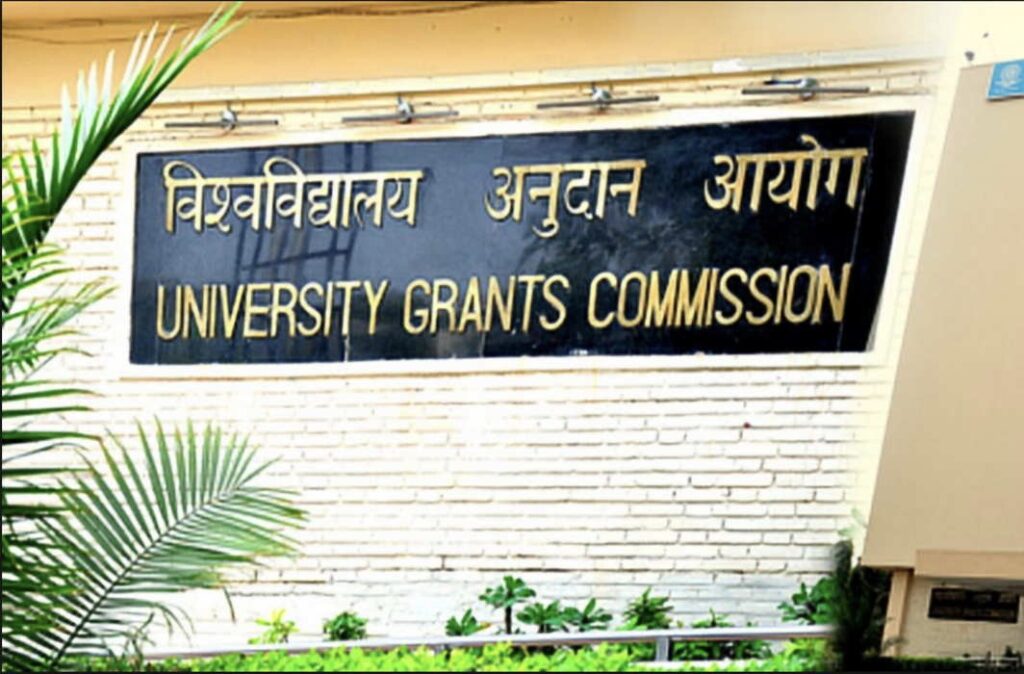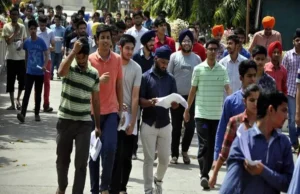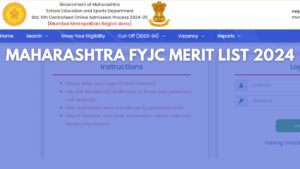UGC Permits Intake Process Twice A Year for Indian Universities

Important: Refund fees if students cancel admissions, UGC orders higher-education institutions
According to UGC director Jagadesh Kumar, Indian universities and higher education institutions will now be able to admit students twice a year, just like international universities, with permission from the University Grants Commission.
12th June 2024
By Khushi Maheshwari
The University Grants Commission (UGC) has agreed to permit higher education institutions to admit students twice a year, effective with the upcoming academic year, marking a significant departure in policy. Admissions will now be available in July/August and January/February, giving applicants who missed the first cycle owing to personal, medical or board result delays more options.
Biannual admissions, according to UGC Chairman Professor Mamidala Jagadesh Kumar, will help students by shortening the enrollment wait period and boosting their motivation. Additionally, it makes it possible for businesses to recruit graduates on campuses twice a year, which improves job prospects.
Earlier, the UGC allowed admissions for online and Open and Distance Learning (ODL) every two years, which led to around 500,000 more students enrolling. The UGC expanded the strategy to include regular mode programs in response to this success.
This adjustment brings Indian universities into line with international standards, which could enhance cross-border cooperation and student exchanges. It is not necessary for HEIs to offer biannual admissions, nevertheless, and their policies must be changed to reflect this method.
The Chairman of the UGC emphasised the policy’s wider effects on the education sector. The National Education Policy (NEP) 2020’s goal of making India a “Global Study Destination” could be supported and the Gross Enrollment Ratio (GER) might rise dramatically with the introduction of biannual admissions. HEIs must carefully consider the administrative and logistical constraints of accepting students at different periods of the year in order to optimise the benefits.
This entails ensuring that the necessary support structures are in place to enable students to integrate into their programs seamlessly and that the teachers and staff are ready for the change.









